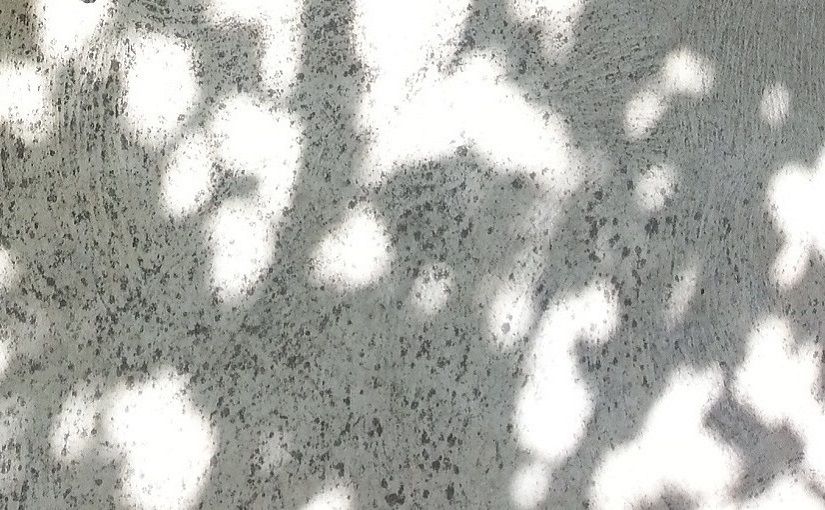Coming into life, we generally have to reach the point of understanding and relating ourselves to what’s gone before: finding our place, those things that interest or concern us, the aptitudes or talents we have to contribute, and a sense of purpose to integrating ourselves with the structures of society.
That relationship between individuals, society and those mediating our understanding of it can be a fascinating reality to contemplate as much as a daunting one (see Notes One). Arguably, life itself is largely based around our relationships and the meanings we assign to all the aspects of that bigger picture – life being what we make of it, how we respond to all that we encounter and the choices we have (Notes Two).
Ideas we hold in our minds around what’s important or acceptable seem to really define the lives we’re going to lead. And much of education can be seen as imparting essential information and training individuals to think in a certain way. It’s a process that hopefully prepares people for life, giving them a sense of their own worth and all the ways they’re valued within society.
Of course, that’s highly idealistic. In reality, it seems questionable at this point how well modern education is serving individuals or society. Yet, regardless of how well it’s currently working out, the ideas we’re offering young people still inform their understanding and appreciation of all the systems we’ve been upholding.
In the past, it seems there was once an attitude of respect toward elders as young people listened obediently to the authority or insight of those who’d experienced life and grasped which qualities best enable individuals to operate wisely within their world. There was this trust, this listening to the accumulated wisdom of those inclined and prepared to impart it to following generations.
Which apparently then shifted more toward rebellion as people began rejecting, challenging or disregarding that input and the parameters of society itself. It’s an approach to life that’s persisting into the present day, possibly in part through the very expectation of those now parenting that ‘it’s the way things go’. Anticipating rebellion seems a little strange however, as a side note.
Personally, it seems right that society was called into question rather than blindly accepted. It may well be that the ideals placed at its foundation have become contorted over time, creating realities quite far from the original intent. But then, what’s the best way of dealing with that? Is there a way of questioning, re-evaluating, shoring up social principles without tearing apart our social institutions and relationships? (Notes Three)
The problem may also be that adults themselves – those in positions of authority, with an expectation of how such functions should be respected – are as much the ‘victims’ of society’s failings as they might be viewed responsible for them. We can only think with the ideas we’ve been handed, and it’s surely very hard to dismantle a system that your own psychological, intellectual or economic security is built around.
Notes and References:
Note 1: Writings on Education
Note 1: The social metaphor of education
Note 1: Common knowledge
Note 2: How we feel about society
Note 2: Relating to one another
Note 3: Dystopia as a powerful ideal
Note 3: Dealing with imperfection










